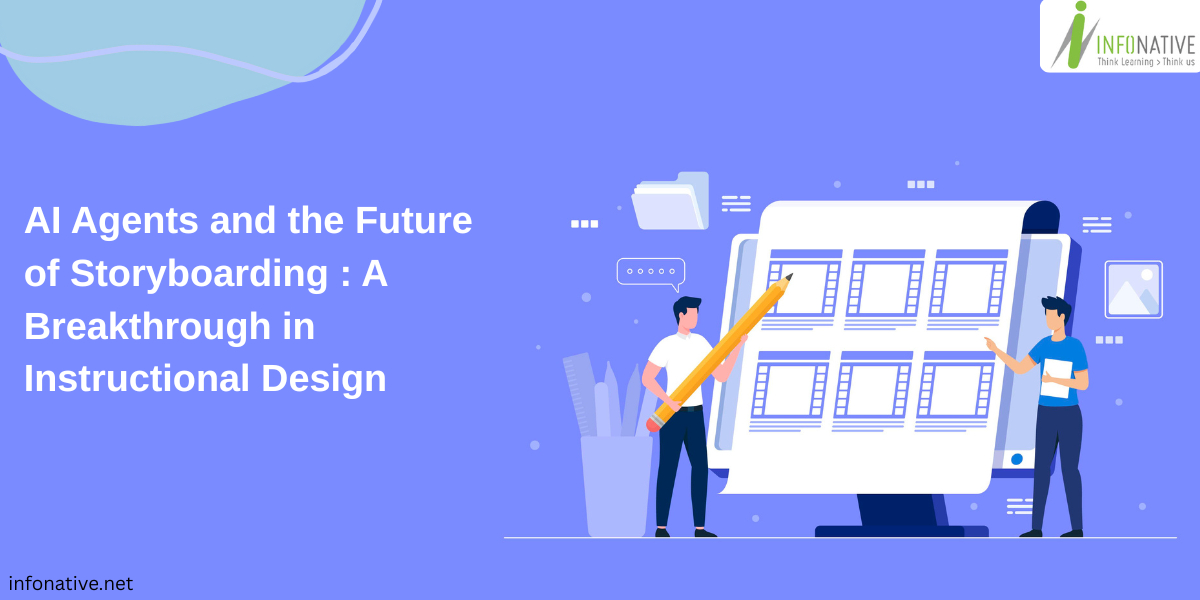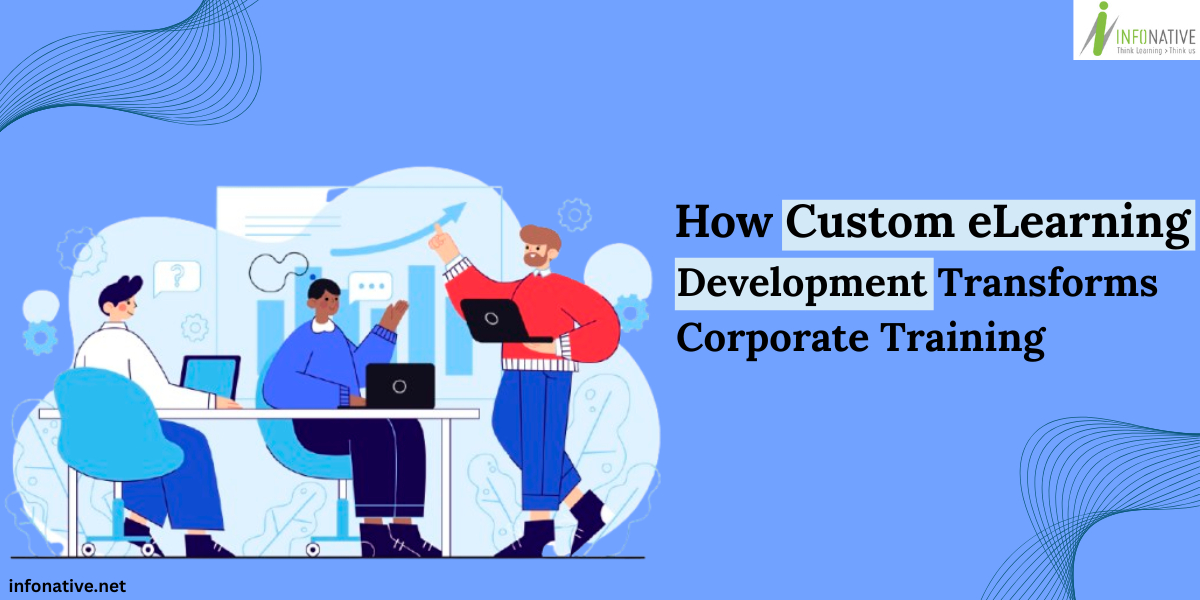

Poor Leadership practices cause most organizations to operate with a 5 - 10% productivity drag. This can cost organizations millions each year. – Smart CEO
When Leaders lack vision, strategy, diplomacy and an ability to provide direction and coaching for their staff, productivity often suffers. Can your organisation afford the impact of poor leadership on your customers and bottom-line?
Despite organisations spending billions on leadership development, 80% of them don’t work. Most leadership programs fail because these programs are designed as one-time events rather than continuous development over a period of time. These give learners a short-term boost, but do not introduce new behaviours that get embedded as new habits, which eventually become an organization culture.
Infonative has provided several leadership solutions to its spent over hundreds of hours in leadership training developing evidence based, contextual, customized content that focuses on outcome-based training. In order to achieve this, we follow a systematic approach of:
• Assessing the current program to analyze gaps and identify the most relevant leadership competencies for today’s market
• Profiling audience in terms of specific requirements of their job roles – be it senior executives, mid-level managers, or front-line emerging leaders
• Articulating the to-be state in terms of content, design, performance objective, technology, localization etc.
• Presenting an approach that is sufficiently detailed to provide an adequate understanding of the topic with effective, contextual examples.
• Building a prototype and carry out a full-scale development after the prototype is approved.
• Making the training courses translation friendly if any foreign or regional language translation or localization is required for a wider audience.

We at Infonative focus on the following critical aspects for the success of leadership training:
to real on-the-job projects that have a business impact rather than focus only on personal-development
change in the organization through tools and special projects
examples to help learner understand how it applies to real life
in leadership performance over time

to respond to real-life scenarios and receive feedback
for increased engagement
to build a learning community of leaders
for situational learning that mirror real-world challenges

The world of instructional design is undergoing one of its most significant transformations to date. As organisations demand faster development cycles, more personalised learning experiences, and greater efficiency, AI agents have emerged as a breakthrough technology—especially in the field of storyboarding. Traditionally, creating instructional storyboards has required extensive time, manual effort, and cross-functional collaboration. Today, AI agents are redefining this process, offering unparalleled automation, accuracy, and creative support.
View
As businesses evolve in the digital era, the need for efficient and scalable learning solutions continues to rise. Corporate training has shifted from traditional classrooms to interactive and data-driven eLearning experiences. India has become a global hub for innovative and cost-effective digital learning services. Here’s a detailed look at the Top 10 eLearning companies in India in 2025 that are redefining workplace learning with creativity, technology, and measurable performance outcomes.
View
In the modern digital workplace, continuous learning has become a vital component of organisational growth. Conventional training approaches—such as classroom sessions or standardised modules—are steadily giving way to custom eLearning development. Bespoke digital learning solutions enable organisations to upskill their workforce effectively, boost engagement, and deliver measurable results that align with business objectives.
View